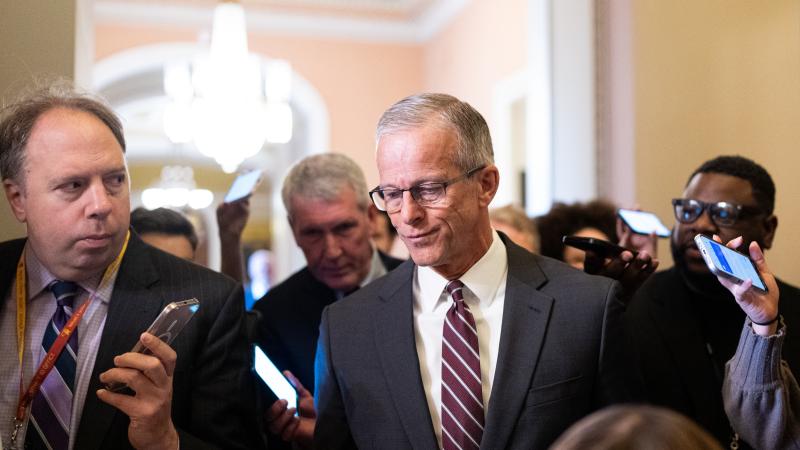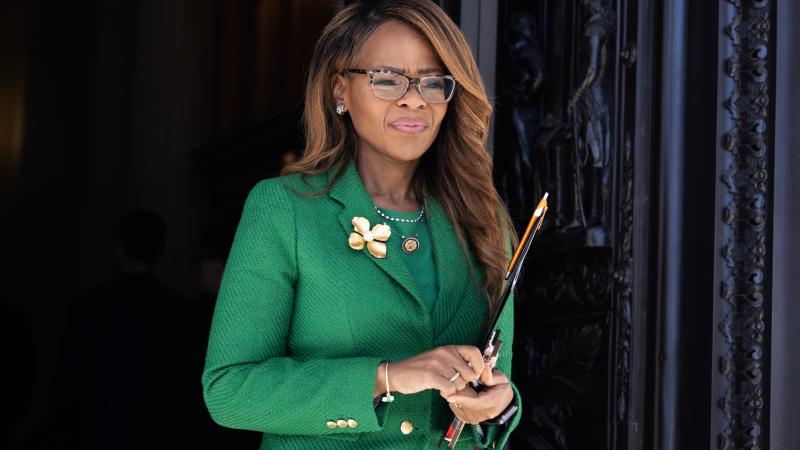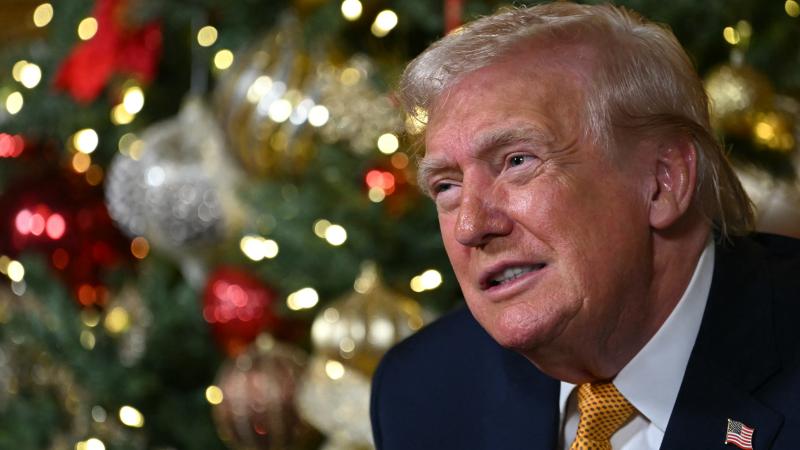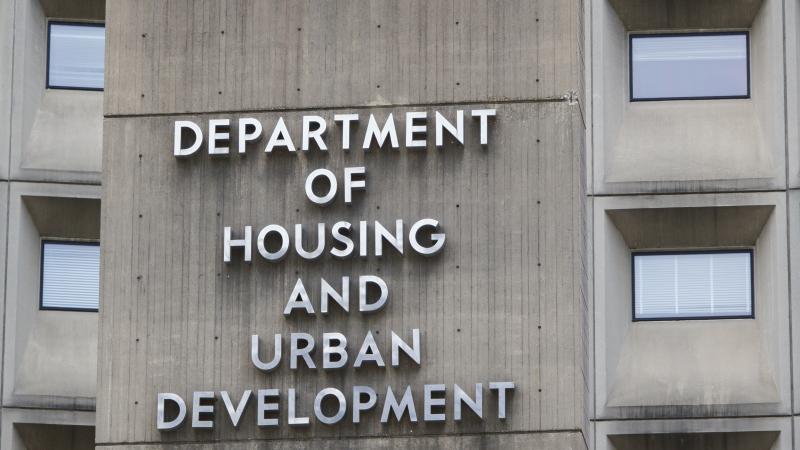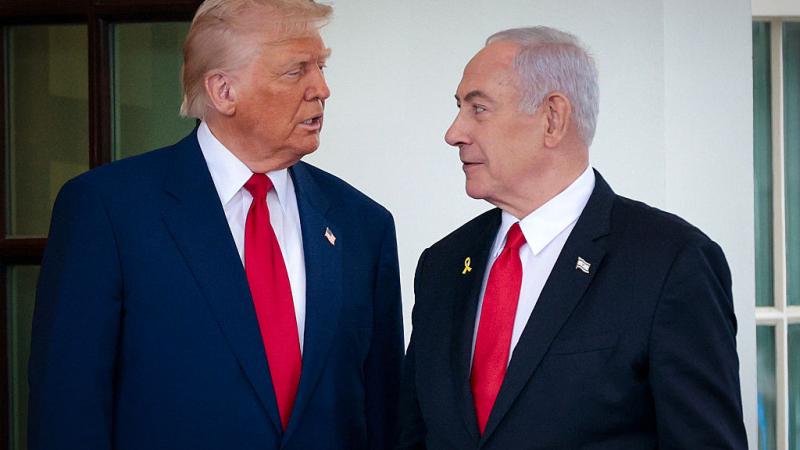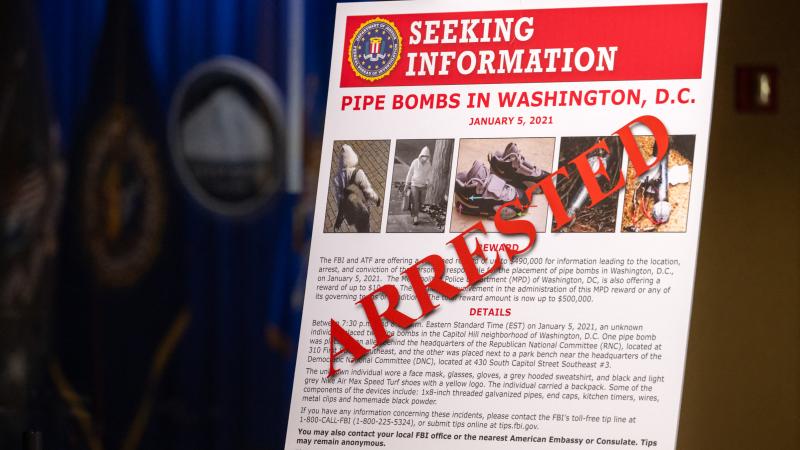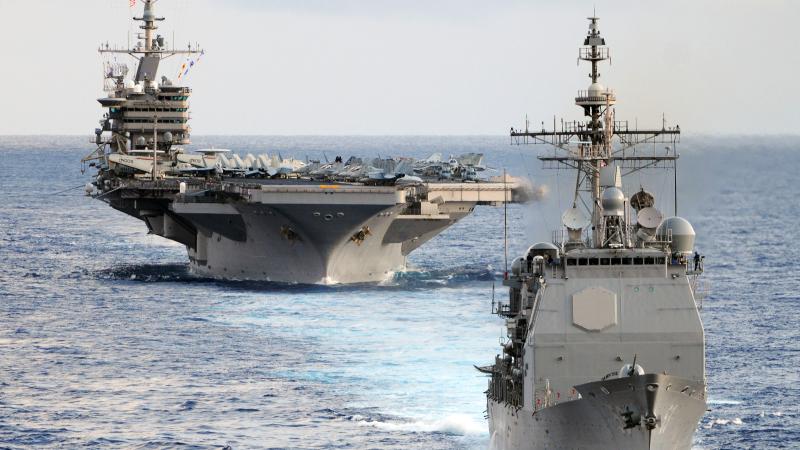One year after refusing to negotiate with 'dictator' Maduro, Biden changes course over oil
Reported meeting between Biden officials and Maduro's government came amid calls to cut off oil imports from Russia over Ukraine invasion.
Just one year after refusing to negotiate with Venezuelan "dictator" Nicolas Maduro, President Biden appears to have changed course.
Democrats and Republicans have put pressure on Biden to cut off Russian oil imports over Russian leader Vladimir Putin's escalating invasion of Ukraine. Russia and Venezuela are partners in several areas including oil. Putin and Maduro recently discussed increasing a "strategic partnership," according to Reuters.
Reports of the negotiations preceded an expected announcement Tuesday morning by President Biden that the U.S. will ban oil imports from Russia.
Biden administration officials reportedly met with the Maduro government about potentially easing oil sanctions on Venezuela amid calls to cut off oil imports from Russia. Republican lawmakers and a potential 2024 GOP presidential candidate denounced the move to engage Venezuela on Monday.
Senate Foreign Relations Committee Chairman Bob Menendez criticized the Biden administration for engaging Maduro's regime.
"Nicolás Maduro is a cancer to our hemisphere and we should not breathe new life into his reign of torture and murder," the New Jersey Democrat said in a statement. "As such, I would strongly oppose any action that fills the pockets of regime oligarchs with oil profits while Maduro continues to deprive Venezuelans of basic human rights, freedoms, and even food."
White House Press Secretary Jen Psaki described the reason for the visit during a press briefing Monday.
"The purpose of the trip that was taken by administration officials was to discuss a range of issues, including certainly energy security, but also to discuss the health and welfare of detained U.S. citizens," she said. "We’'e never going to miss an opportunity to do exactly that."
While campaigning in Miami during the 2020 presidential election, Biden described Maduro as a "dictator, plain and simple."
He also pledged to continue enforcing U.S. government sanctions against Maduro's regime.
In a background briefing last March, administration officials pointed out that Biden was the first 2020 Democratic presidential candidate to "recognize Juan Guaido as the legitimate leader of Venezuela and has been very clear that Nicolas Maduro is a dictator and that the May 2018 elections were fraudulent and illegitimate."
The officials also made clear in that briefing a year ago that the Biden White House would not negotiate with the Venezuelan regime.
There are currently U.S. sanctions in place against Venezuela. The country's oil industry is state controlled and operating under the name Petroleos de Venezuela, S.A.
"On January 28, 2019, the Treasury Department, following from consultation with the Department of State, determined that persons operating in Venezuela’s oil sector may now be subject to sanctions pursuant to E.O. 13850," read the State Department website. "As of January 28, Treasury has designated PDVSA for operating within this sector. This action extends to entities that are majority (50% or greater) owned by PDVSA."
An executive order signed under former President Obama "provides authority to target persons involved in or responsible for the erosion of human rights guarantees, persecution of political opponents, curtailment of press freedoms, use of violence and human rights violations and abuses in response to antigovernment protests, and arbitrary arrest and detention of antigovernment protestors, as well as significant public corruption by senior government officials in the country."
Maduro assumed office in 2013.
According to the Washington, D.C.-based Wilson Center, more than 4 million Venezuelans have fled the country since 2015.
Colombia, which borders Venezuela, has accepted over 1.7 million refugees fleeing the country under Maduro's rule.
The Council on Foreign Relations was not available for comment on the Biden administration's decision to engage Venezuela before publication.

